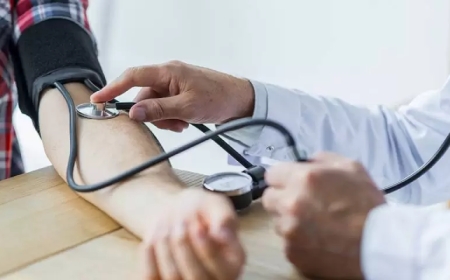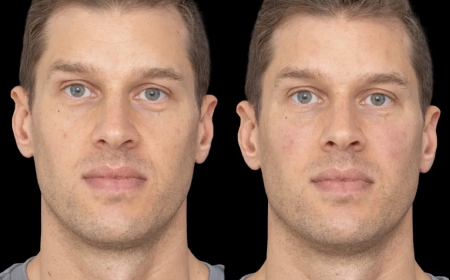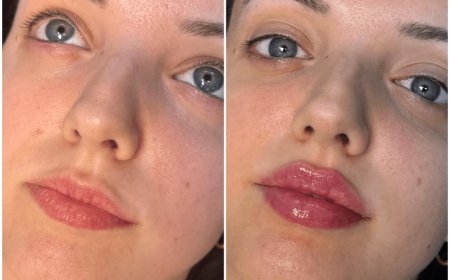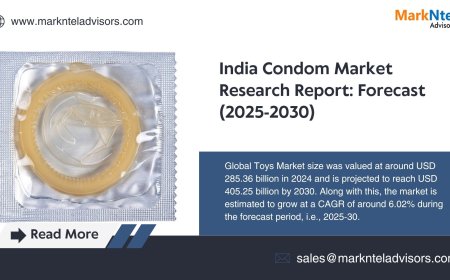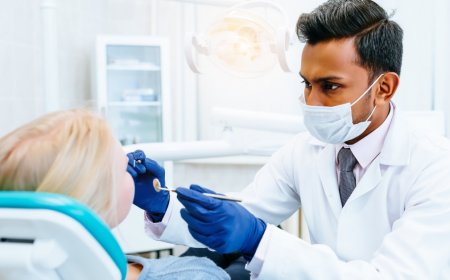The Ideal Age to Start Your Annual full body checkup Routine
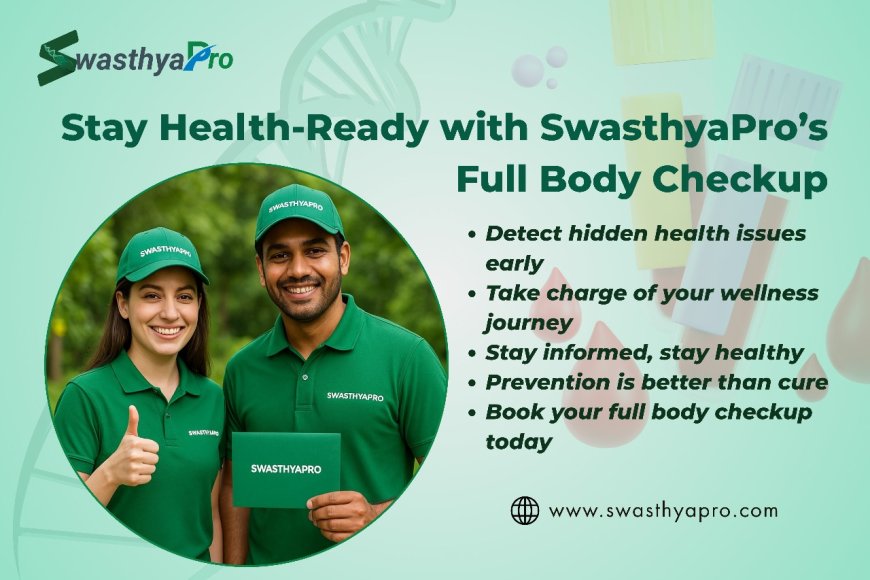
When should you start thinking about a full body checkup? Is it only for people in their 40s and 50s? Or should young adults also consider it? These are common questions and the answers are more urgent than you may think.
In todays world, stress, poor sleep, screen time, junk food, and pollution are affecting people earlier than ever. That means health issues that used to appear in your 40s are now showing up in your late 20s or early 30s. Thats why starting your full body checkup routine early is not just wise its necessary.
Lets talk about the ideal age to begin, why timing matters, and how a full body checkup can protect your future health.
When do most people actually get their first full body checkup?
Unfortunately, many people only get a full body checkup after something feels wrong maybe theyre always tired, theyve gained sudden weight, or they had a scare. Thats reactive health.
But the goal of a full body checkup is prevention, not reaction. It's about spotting small changes before they become big problems. Waiting for symptoms to show up defeats the purpose.
Ideal age to start: 25 and above
By the time you turn 25, your body has fully developed and so have many of the risks caused by modern lifestyles. This is the best time to start your annual full body checkup routine.
Why 25? Because:
-
Lifestyle diseases like diabetes and hypertension are now affecting people in their late 20s.
-
Sedentary jobs and irregular sleep begin to impact metabolism and hormone levels.
-
Your stress levels increase, affecting digestion, immunity, and blood pressure.
-
Nutrient deficiencies (like vitamin D and B12) become more common, even with a decent diet.
Starting a full body checkup at 25 gives you a baseline. Youll know whats normal for your body and more importantly, youll be able to spot whats not normal as the years go on.
What should your first full body checkup include?
A good full body checkup at age 2530 should cover:
-
Complete blood count (CBC)
-
Blood sugar levels (fasting and postprandial)
-
Lipid profile (cholesterol, HDL, LDL, triglycerides)
-
Liver and kidney function tests
-
Thyroid profile
-
Vitamin D and B12 levels
-
Urine analysis
-
Basic ECG (if youre over 30 or have a family history of heart disease)
As you grow older, your full body checkup can include additional screenings like hormone panels, PAP smear for women, PSA test for men, and imaging (like ultrasound or chest X-ray).
Benefits of starting early with full body checkup
1. Early detection = easier cure
Catching prediabetes, high cholesterol, or vitamin deficiencies in your 20s or 30s means they can often be reversed with just lifestyle changes. No lifelong medication. No complications.
2. You build health awareness
Your full body checkup teaches you how your body is working. You understand how food, sleep, and stress affect your results. This awareness makes you smarter about your daily habits.
3. You prevent long-term expenses
When you fix a small problem today, you avoid big hospital bills tomorrow. Regular full body checkup routines save you money, time, and mental peace.
4. You gain health confidence
Knowing your numbers gives you confidence. Youre not guessing. Youre not anxious. You know where you stand and that calmness affects your mood, focus, and energy.
Age milestones for full body checkup upgrades
Heres a basic guide for what your checkup should include as you age:
-
2530: Basic full body checkup with vitamin levels and sugar profile
-
3040: Add ECG, thyroid profile, and lipid profile if not already included
-
4050: Include hormone panels, advanced heart tests, and cancer markers
-
50+: Go deeper into bone density, prostate health (for men), and breast screenings (for women)
Each decade brings new risks. A full body checkup helps you stay one step ahead.
Conclusion: Start now, not later
You dont have to wait to feel sick to check on your health. Prevention is always better than treatment. And the best way to begin prevention is with a full body checkup not once, but every year.
If you're over 25 and havent had your first full body checkup yet, now is the time. Dont wait for symptoms. Dont wait for regrets. Know your numbers, understand your body, and take charge early.
Because health isnt something you manage when its gone its something you protect while its still strong.



























